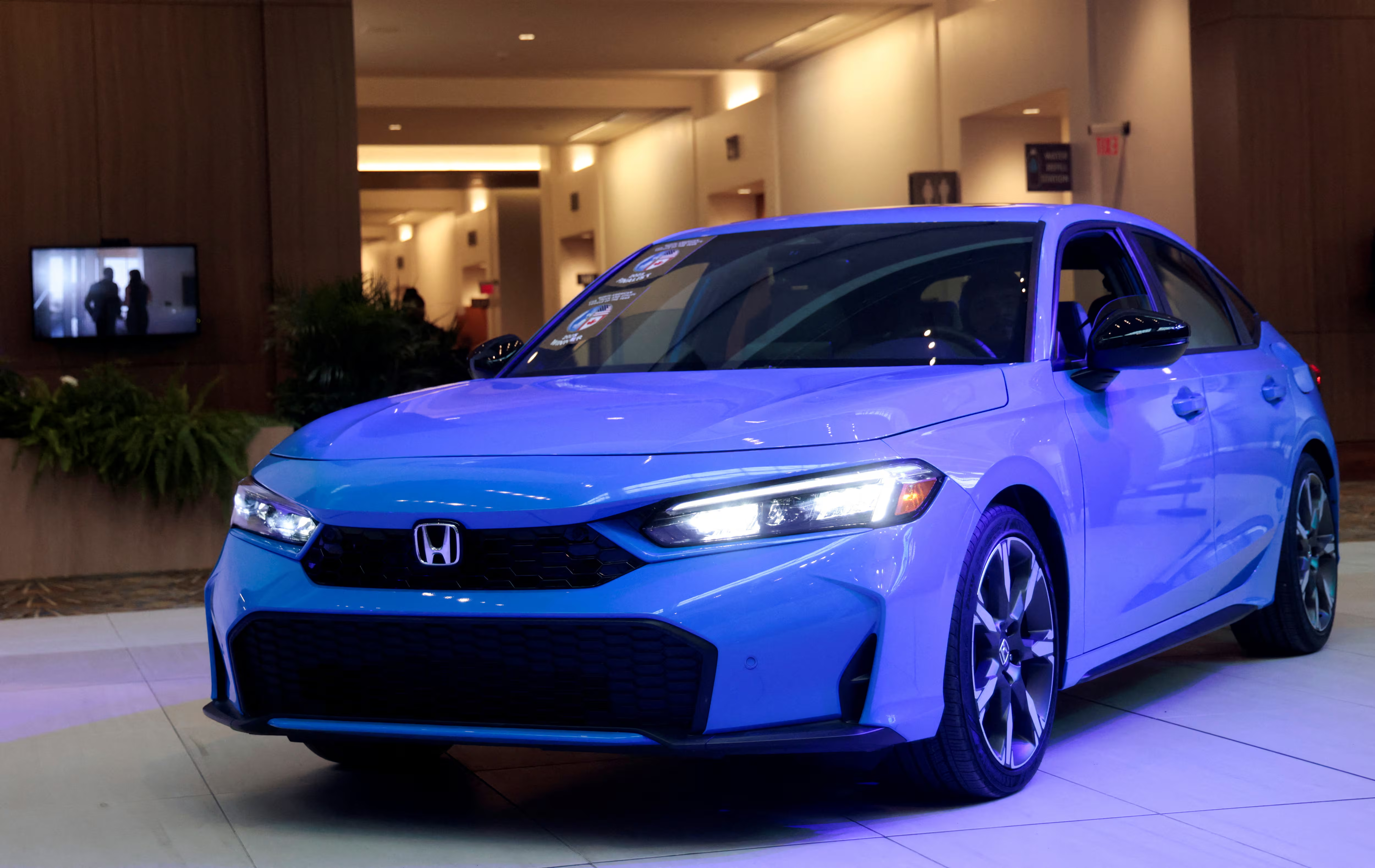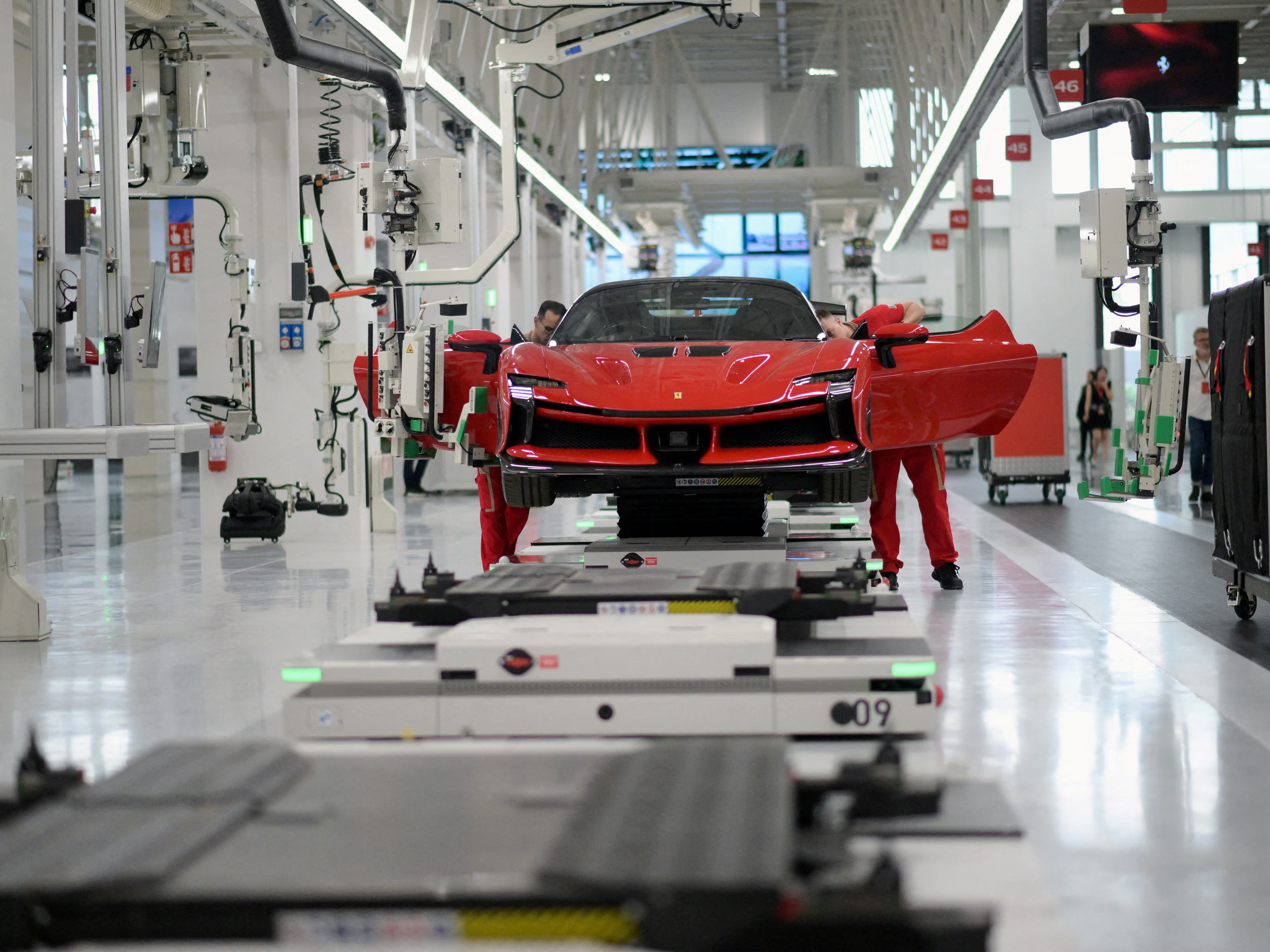Electric vehicles are facing a seismic shift as major automakers cancel or delay new models, ignited by the repercussions of President Trump"s $3.4 trillion budget bill that decimates EV tax incentives. With the industry at a critical juncture, the push for sustainable transportation is in jeopardy, leaving consumers and workers caught in the crossfire of political maneuvering and corporate greed.
Automakers Retreat from EV Innovation
Recent reports indicate a harrowing trend among well-known automakers. Companies like Ferrari and Honda have pushed back their electric vehicle launches, citing a lack of demand and significant budget cuts. Ferrari has delayed its second fully electric vehicle until at least 2028, while Honda has halted plans for a large electric SUV set to debut in 2027. This sudden retreat raises serious questions about the future of the EV market and the commitment of these companies to a cleaner, sustainable future.
Political Climate Fuels Uncertainty
The political landscape has created a volatile environment for electric vehicles. The recent budget bill signed by Trump has effectively eliminated the $7,500 federal tax credit that incentivized EV purchases, pushing potential buyers away from the market. As reported by NPR, the elimination of these incentives could lead to a sharp decline in EV sales, further exacerbating wealth inequality as lower-income households are disproportionately affected by rising vehicle costs.

Japan"s Honda to scale back on electric vehicles, focus on ...
Workers Left Behind in the EV Transition
The implications of these corporate decisions are dire for workers in the manufacturing sector. As automakers cut back on production plans, the jobs of thousands of workers hang in the balance. The shift away from EVs could hinder the transition to a green economy, affecting not only workers in the automotive industry but also those in related sectors, such as battery production and raw materials supply. The potential for job losses is especially concerning as the Biden administration has pushed for a transition to a green economy that promises to create millions of new jobs.
Consumer Impact and Economic Ramifications
Consumers are facing a perfect storm. With the impending end of the tax credit, many potential buyers are scrambling to purchase EVs before prices soar. Automakers like Nissan and Ford are already cutting production plans for their popular models, with Nissan delaying the refreshed Leaf by 10 months due to falling demand. This creates a ripple effect that not only impacts buyers but also the economy at large, as investments in sustainable technologies are stifled.

Exclusive: Ferrari delays second EV model to at least 2028 ...
Global EV Market Diverges from U.S. Trends
While the U.S. market stalls, China continues to surge ahead in the electric vehicle sector. According to Morgan Stanley, the Chinese battery-electric market is seven times larger than that of the United States, with growth rates widening annually. This disparity underscores the urgent need for the U.S. to reevaluate its approach to renewable energy and transportation. The retreat of American automakers from EV innovation could leave the country trailing in a global race for sustainable technologies.







![[Video] Gunfire between Iraqi security forces and Sadr militias in Baghdad](/_next/image?url=%2Fapi%2Fimage%2Fthumbnails%2Fthumbnail-1768343508874-4redb-thumbnail.jpg&w=3840&q=75)
